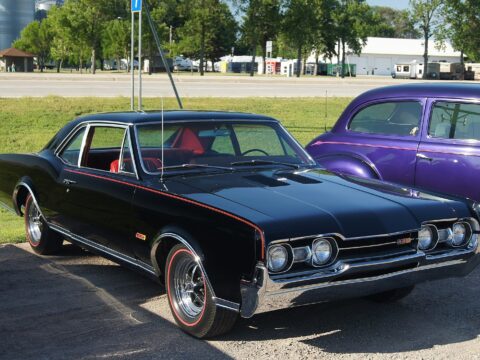Maintaining your car involves more than just routine check-ups and cautious driving—it’s also about steering clear of habits that could damage it. Many of us are guilty of occasional carelessness, but certain behaviors, like ignoring dashboard warnings or using the wrong type of fuel, can lead to serious problems down the road. Here, we’ll explore some of the weirdest but most important things you should never do to your car, highlighting how these mistakes can impact its performance and longevity.
Contents
Ignoring Strange Noises
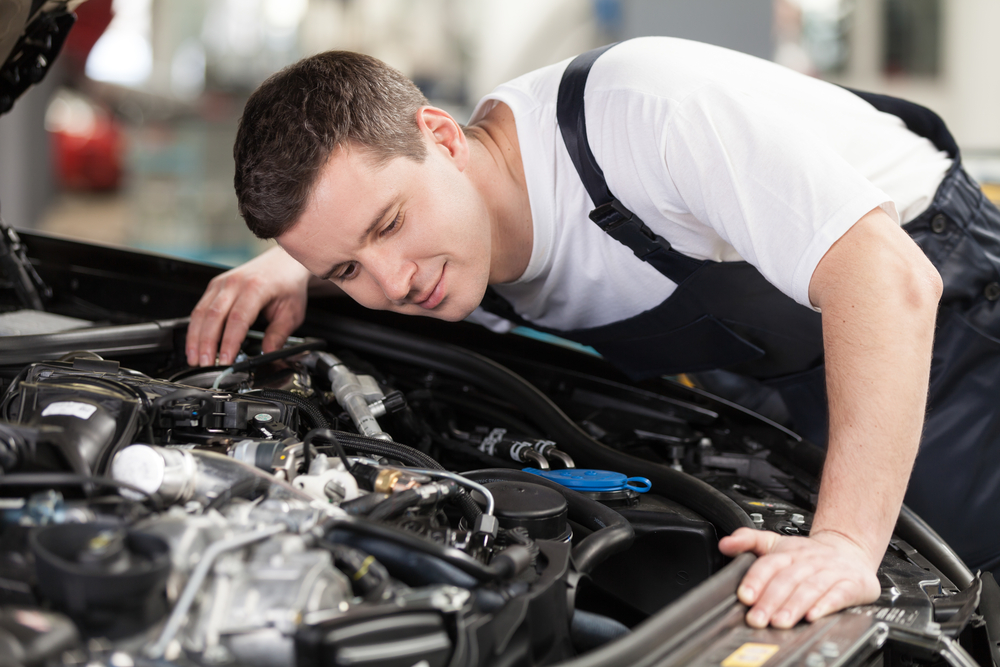
Any strange noises, such as grinding, squealing, or clunking, are clear indicators that something may be wrong with your vehicle. Often, these sounds point to critical issues like brake failure, a malfunctioning transmission, or worn-out bearings. Ignoring these sounds can lead to catastrophic failures, potentially resulting in dangerous driving conditions and expensive repairs. Regularly addressing these noises can prevent small issues from becoming major problems.
Neglect Dashboard Warnings
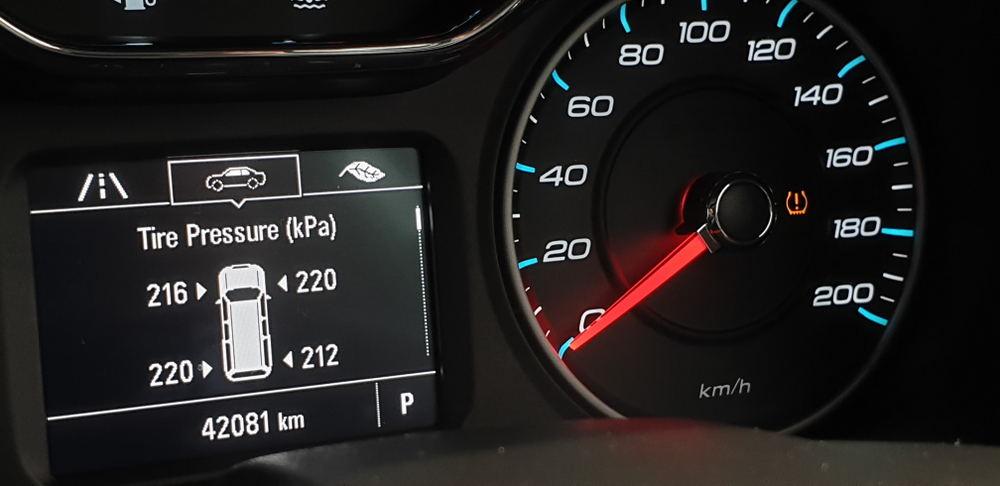
Modern vehicles have sophisticated dashboard indicators designed to alert you to various issues ranging from engine problems to low tire pressure. Ignoring these warnings can result in critical damage to your car, potentially leading to costly repairs and compromising your safety on the road. Immediate attention to these warnings can often prevent minor problems from escalating into major repairs.
Using the Wrong Fuel

Using the incorrect type of fuel can severely damage your vehicle’s engine. For example, diesel fuel in a gasoline engine can cause immediate and severe damage and vice versa, potentially leading to engine failure. This mistake can be particularly costly, requiring extensive repairs or even a full engine replacement. Always double-check the fuel type your vehicle needs before filling up.
Abrupt Starts and Stops

Frequent aggressive driving, characterized by abrupt starts and stops, increases fuel consumption and accelerates wear and tear on the car’s braking and transmission systems. Over time, this can lead to premature failure of these critical components, increasing the likelihood of accidents and the need for expensive repairs.
Overloading

Carrying weight beyond your vehicle’s capacity can significantly strain the suspension, brakes, and tires, leading to increased wear and potential failure. This can compromise vehicle handling and increase the risk of accidents. Always adhere to the manufacturer’s load specifications to ensure safe and efficient operation.
Skipping Regular Maintenance
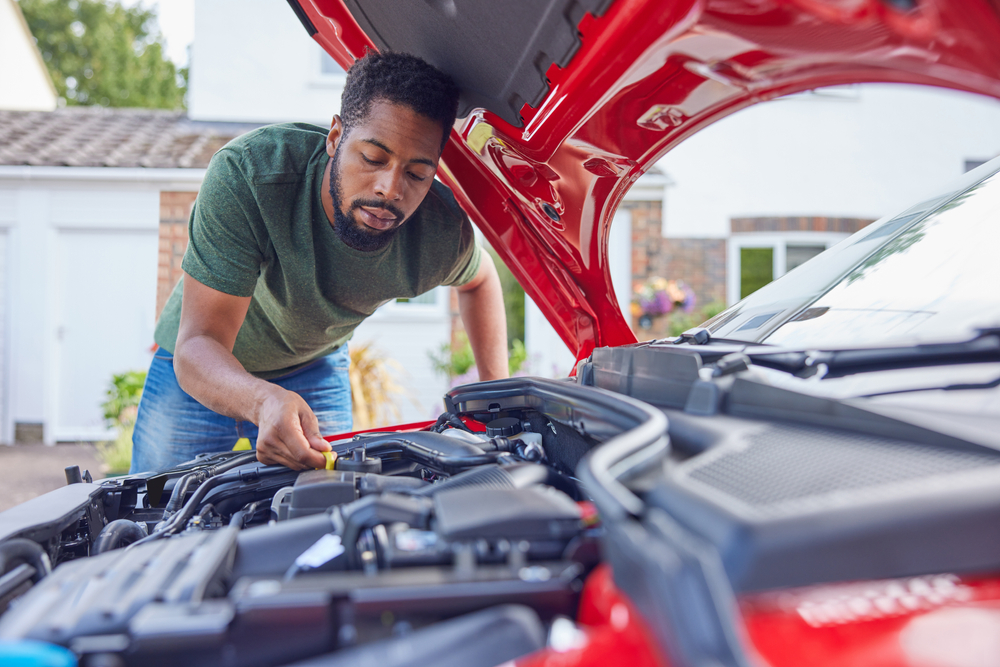
Routine maintenance, such as oil changes, tire rotations, and periodic inspections, are vital for keeping your vehicle in optimal condition. Neglecting these maintenance tasks can lead to inefficient operation and premature wear of essential parts. Consistent maintenance helps extend the life of your vehicle and ensures it remains reliable.
Ignoring Windshield Cracks
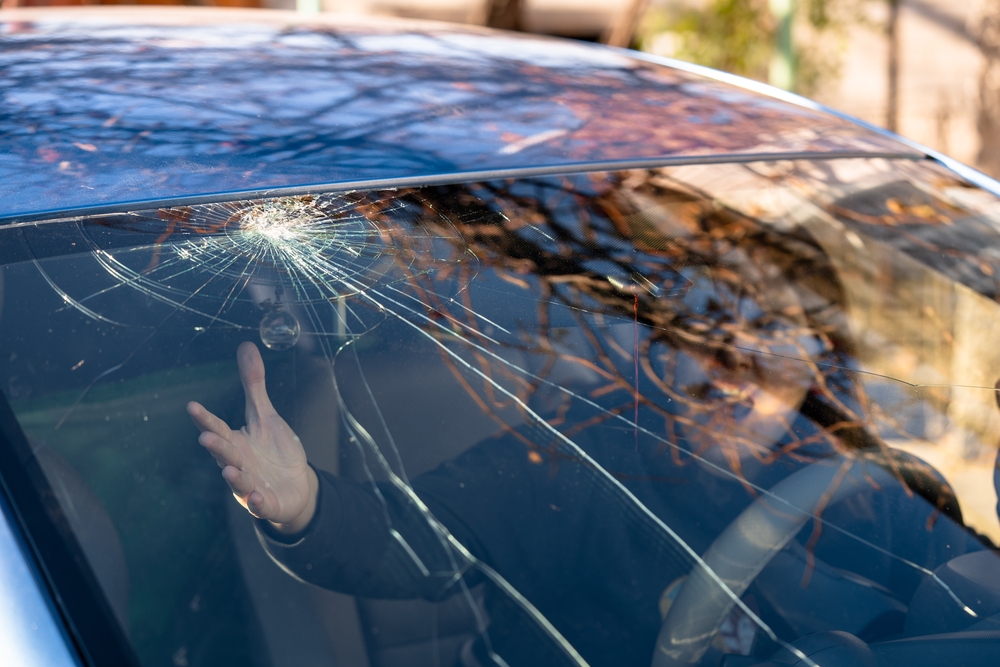
Even small cracks and chips in the windshield can quickly grow larger, impairing visibility and potentially compromising the windshield’s structural integrity. In some jurisdictions, driving with a significantly cracked windshield can also be illegal. Prompt repair or replacement of damaged windshield glass is crucial for safe driving and maintaining the vehicle’s structural integrity.
Not Cleaning the Interior
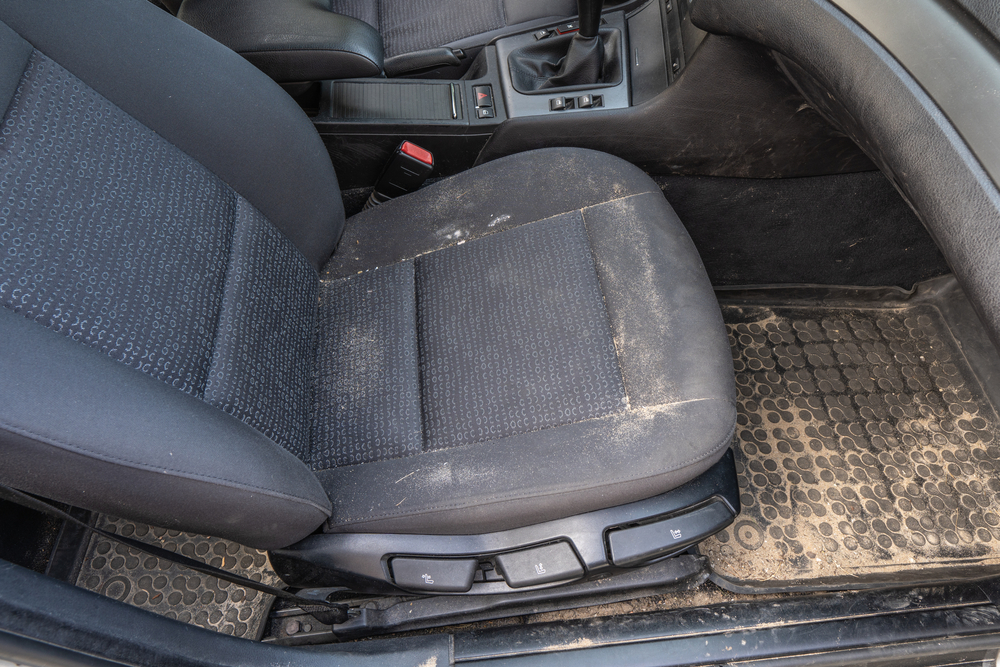
Letting dirt, dust, and grime accumulate inside your car can lead to damage to interior surfaces, including upholstery, dashboard, and controls. Regular cleaning preserves these materials and helps maintain the car’s resale value. Additionally, a clean interior improves the driving experience and hygiene inside the vehicle.
Using Household Cleaning Products
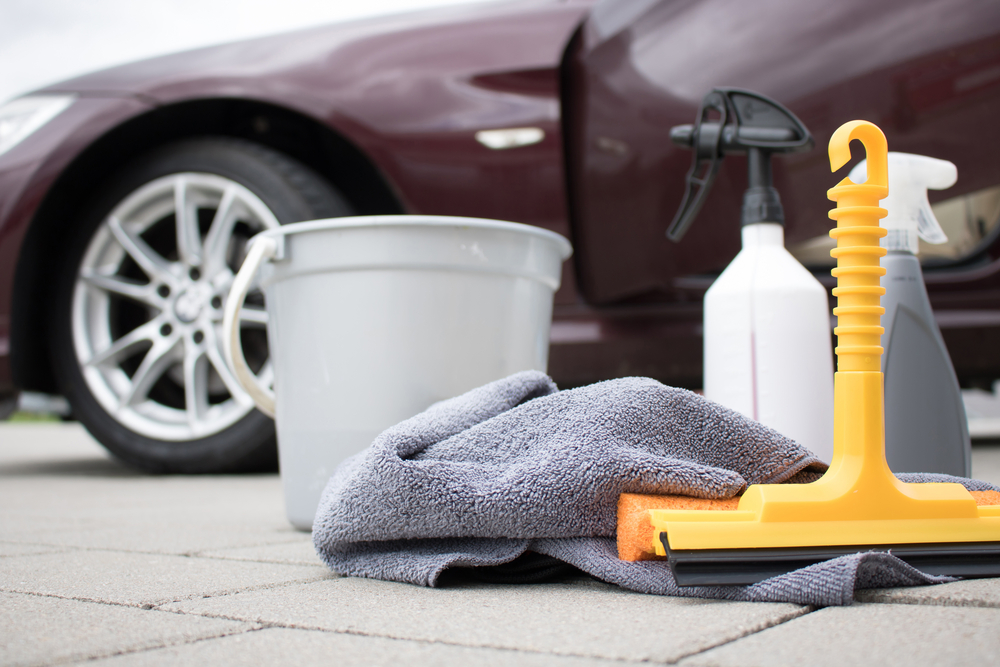
Many household cleaners contain chemicals that are too harsh for automotive surfaces, potentially damaging the car’s paint and interior materials. Instead, using cleaning products specifically designed for automotive use ensures that these surfaces are safely and effectively cleaned without causing damage.
Parking in Hazardous Locations
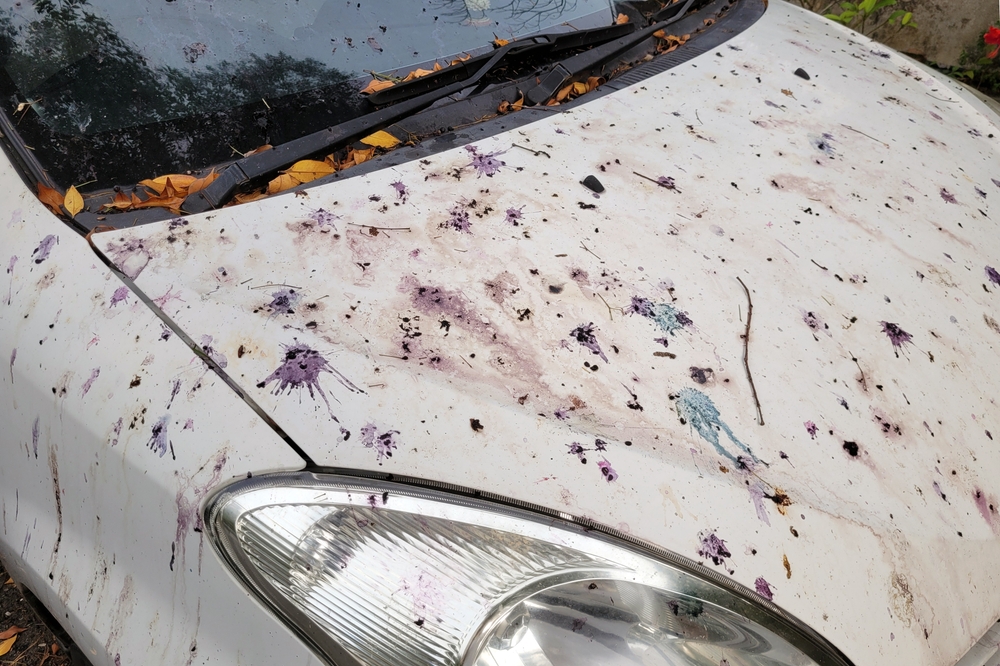
Regularly parking your car under trees can expose it to sap and bird droppings, which are acidic and can damage the paint if not cleaned promptly. Similarly, parking on grass for extended periods can promote rusting of the car’s underbody due to moisture contact. Choosing safer parking locations can prevent these types of damage and maintain the aesthetic condition of your vehicle.
Ignoring Tire Pressure
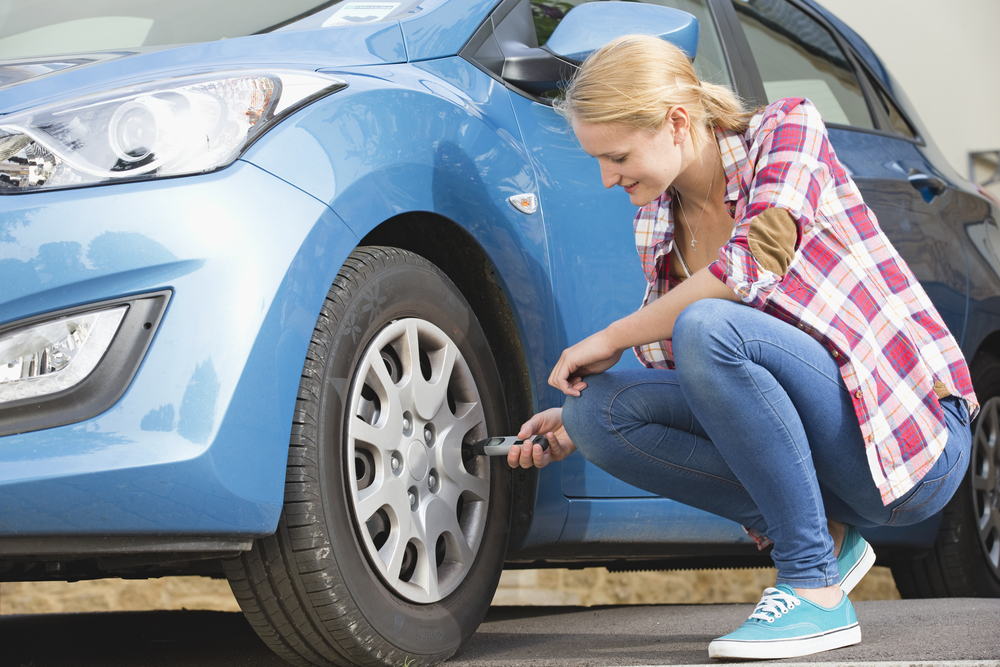
Driving with incorrect tire pressure not only leads to poor fuel economy but also increases tire wear and the risk of tire failure. Maintaining proper tire pressure according to the manufacturer’s recommendations is essential for optimal tire life and vehicle performance.
Not Replacing Wiper Blades
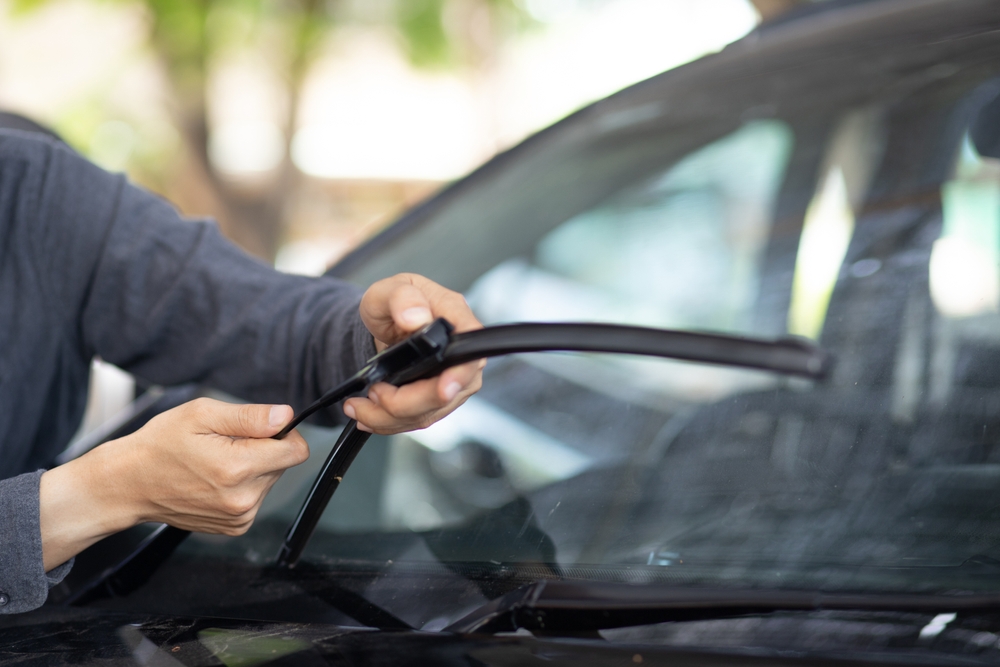
Over time, windshield wiper blades degrade and lose their effectiveness. Driving with worn wiper blades can severely impair visibility during adverse weather conditions, increasing the risk of accidents. Regularly replacing wiper blades ensures you maintain good visibility in rain and snow.
Driving With Low Oil Levels
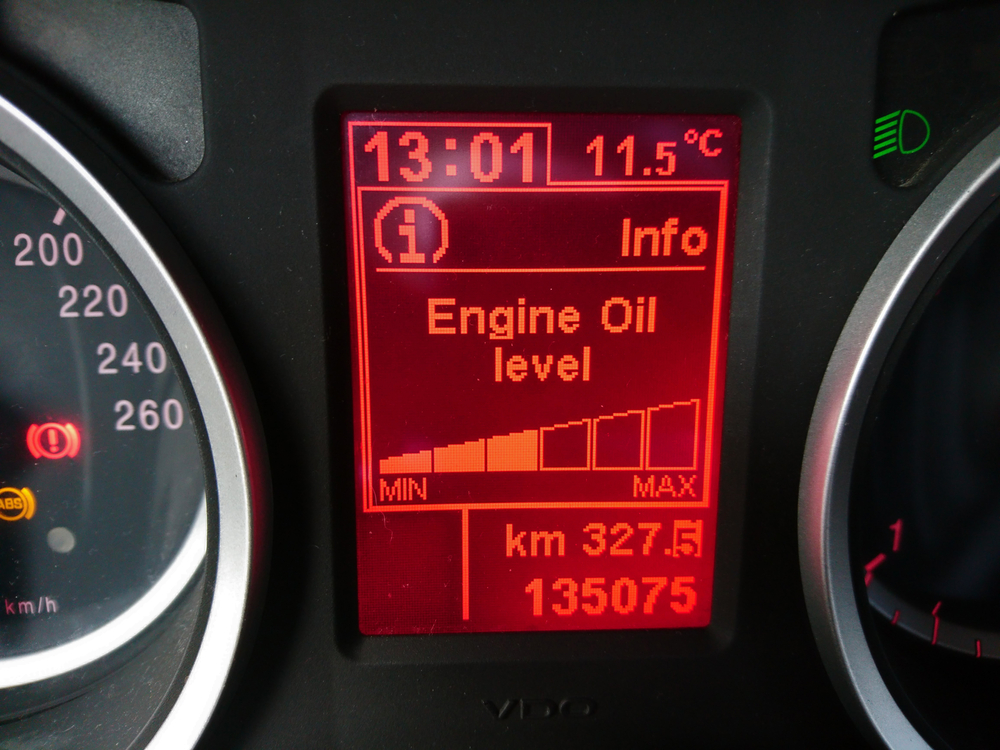
The oil in your car lubricates the engine, reducing friction and wear among moving parts. Driving with low oil levels can lead to increased engine wear and overheating, potentially causing engine seizures. Regular checks and top-ups of oil can prevent these issues and extend the life of your engine.
Ignoring Brake Pads Replacement
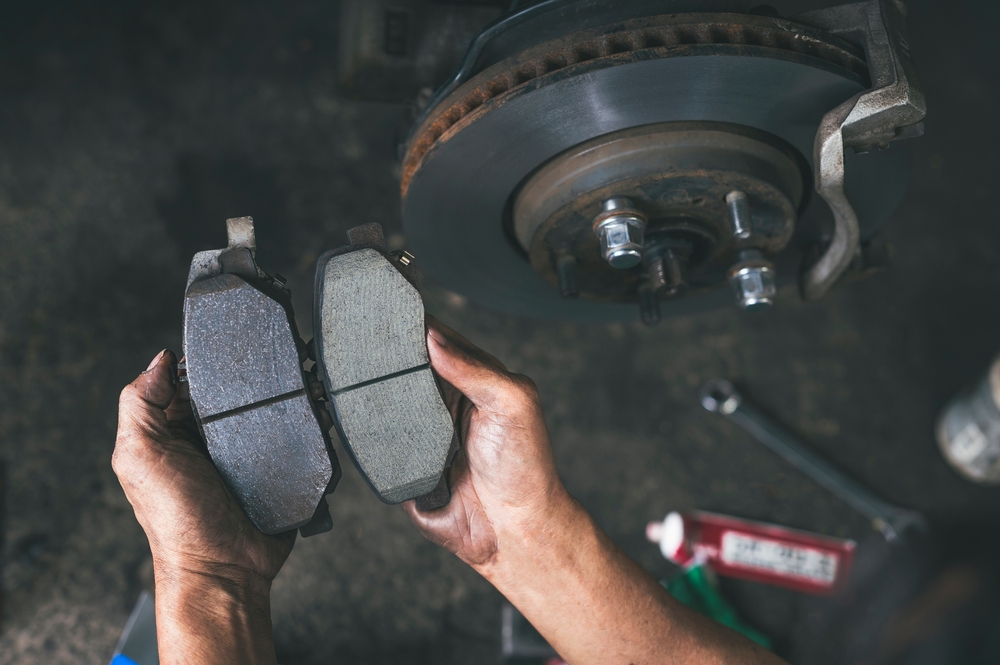
Brake pads are crucial for effective braking. When worn down, they not only reduce braking efficiency but can also damage the brake rotors, leading to more costly repairs. Listening to the tell-tale squealing noise of worn brake pads and replacing them promptly is crucial for maintaining safe braking performance.
Not Changing Air Filters
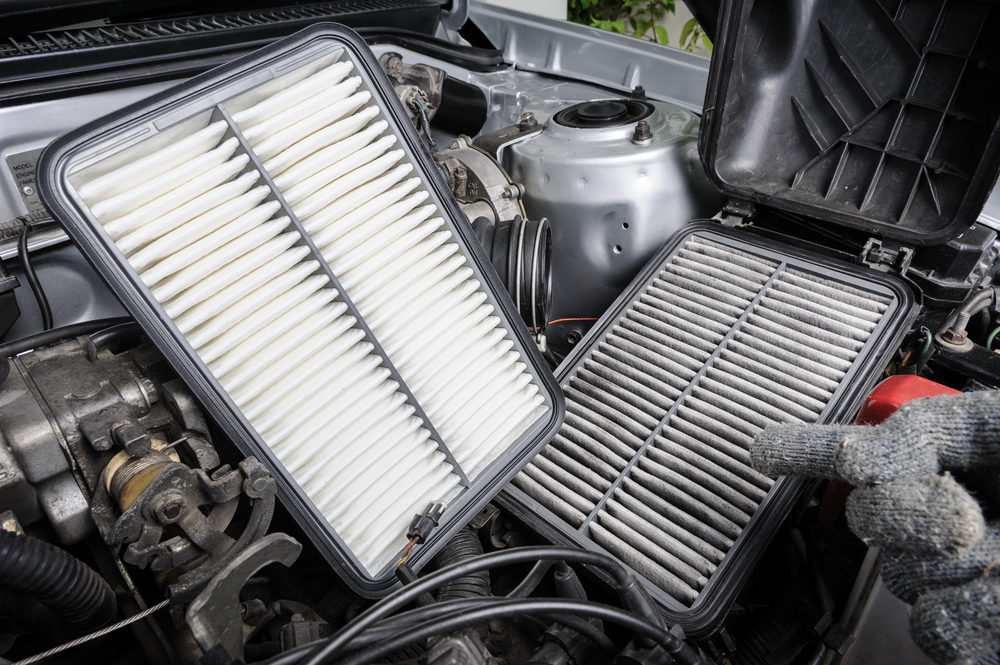
Air filters prevent dirt and debris from entering the engine and cabin. Clogged air filters can reduce airflow to the engine, impair performance and fuel efficiency, and can degrade air quality inside the cabin. Regular replacements of air filters ensure optimal engine performance and a comfortable cabin environment.
Using Cheap Replacement Parts
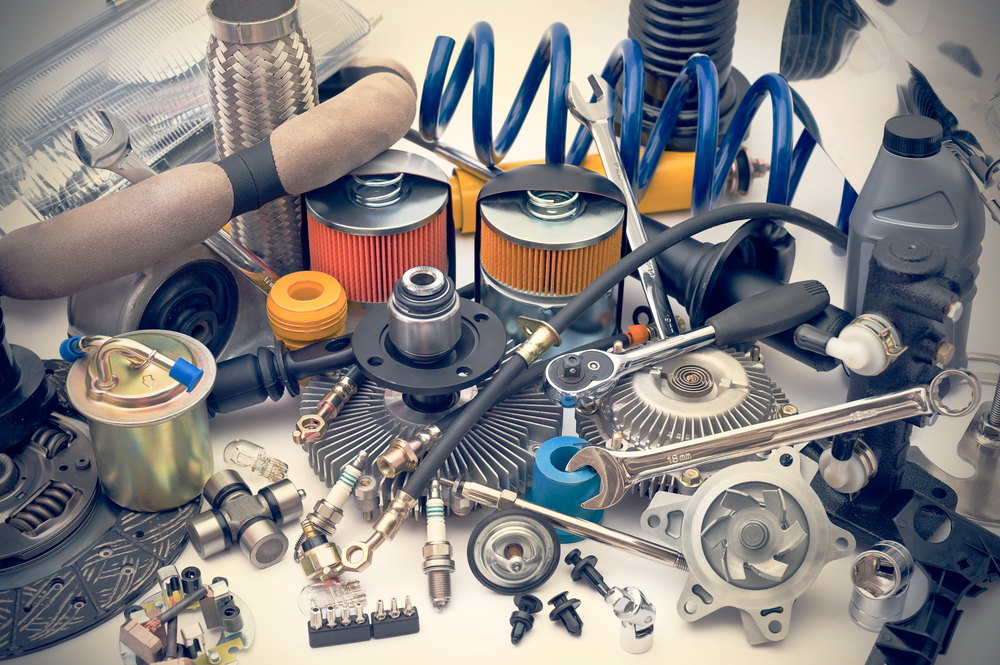
Opting for low-quality aftermarket parts can lead to frequent failures and can damage other car components. Using OEM (Original Equipment Manufacturer) or high-quality aftermarket parts ensures compatibility and reliability, maintaining the vehicle’s performance and longevity.
Neglecting Fluid Checks
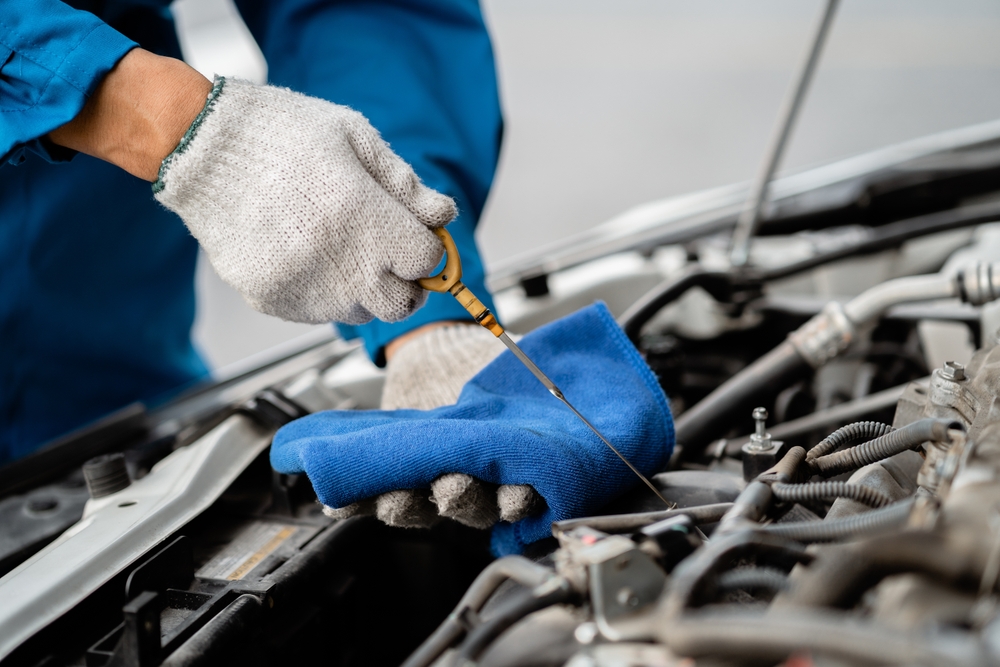
Fluids such as coolant, brake fluid, and transmission fluid play critical roles in vehicle operation. Regular checks and changes of these fluids ensure the vehicle operates efficiently and prevent premature wear and potential failures of related components.
Driving on Spare Tires for Too Long
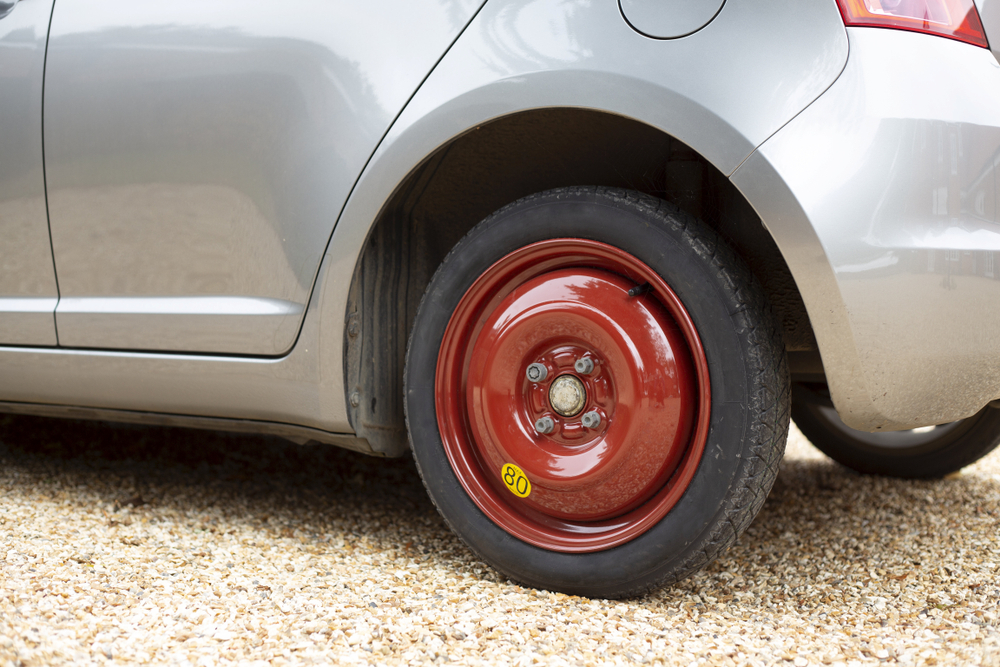
Spare tires are designed for temporary use to get you to a repair shop. Extended driving on a spare tire can cause poor handling and uneven wear on the drivetrain, particularly in vehicles with all-wheel drive. Limiting the use of spare tires in emergencies is essential for safe driving.
Modifying Your Car Improperly
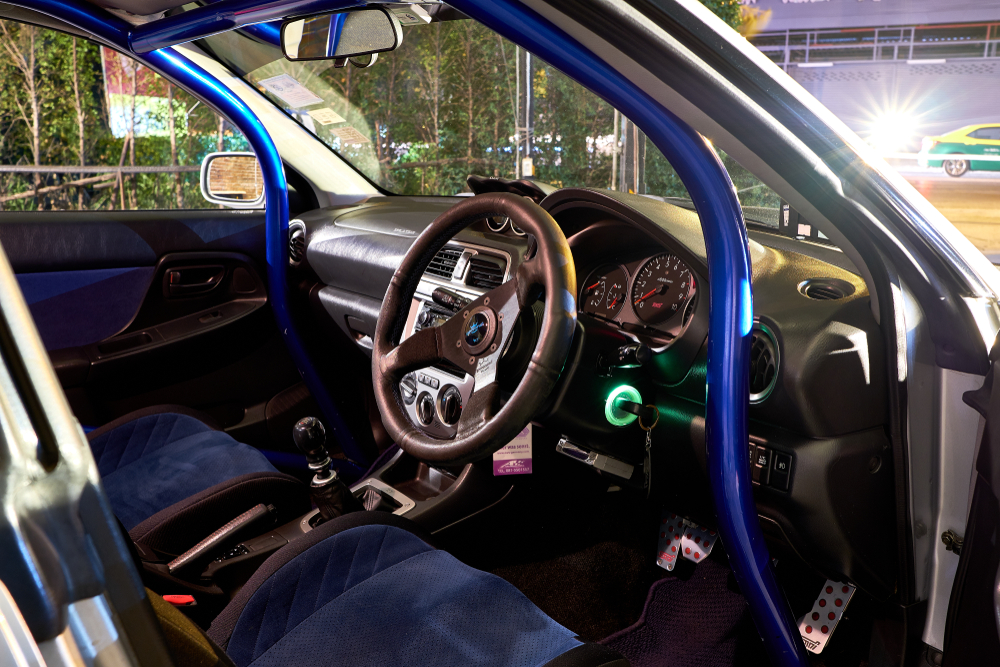
Modifications that are not professionally done can negatively affect the car’s performance, safety, and structural integrity. Professional modifications done in compliance with legal standards ensure that the vehicle remains safe and reliable.
Ignoring Alignment and Suspension Issues
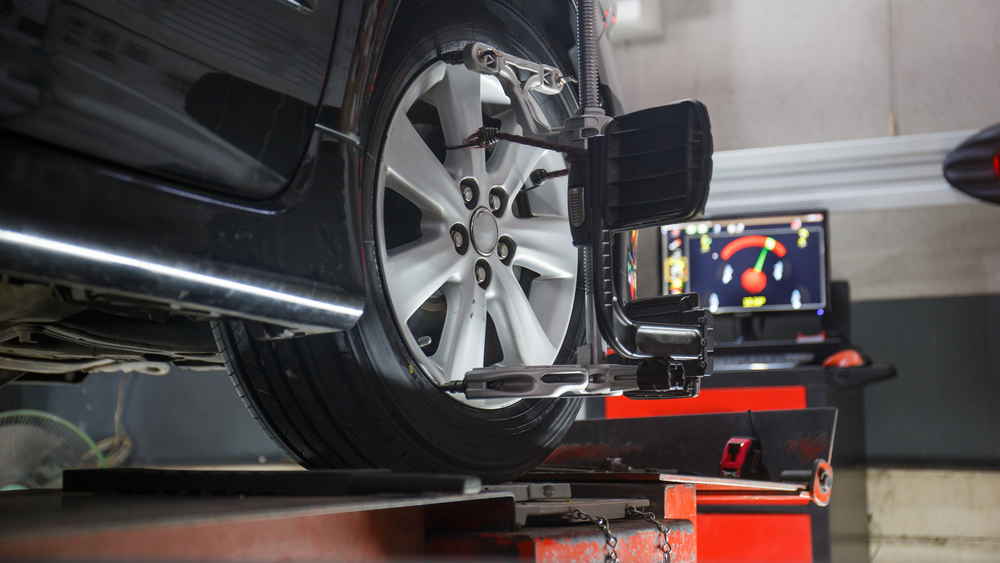
Proper alignment and functioning suspension are essential for smooth and safe driving. Neglecting these components can lead to uneven tire wear, poor handling, and increased strain on the vehicle’s structure. Regular checks and adjustments can prevent these issues.
This article originally appeared on MyCarMakesNoise.
More from MyCarMakesNoise
20 Classic Corvettes You’ll Wish Were in Your Garage
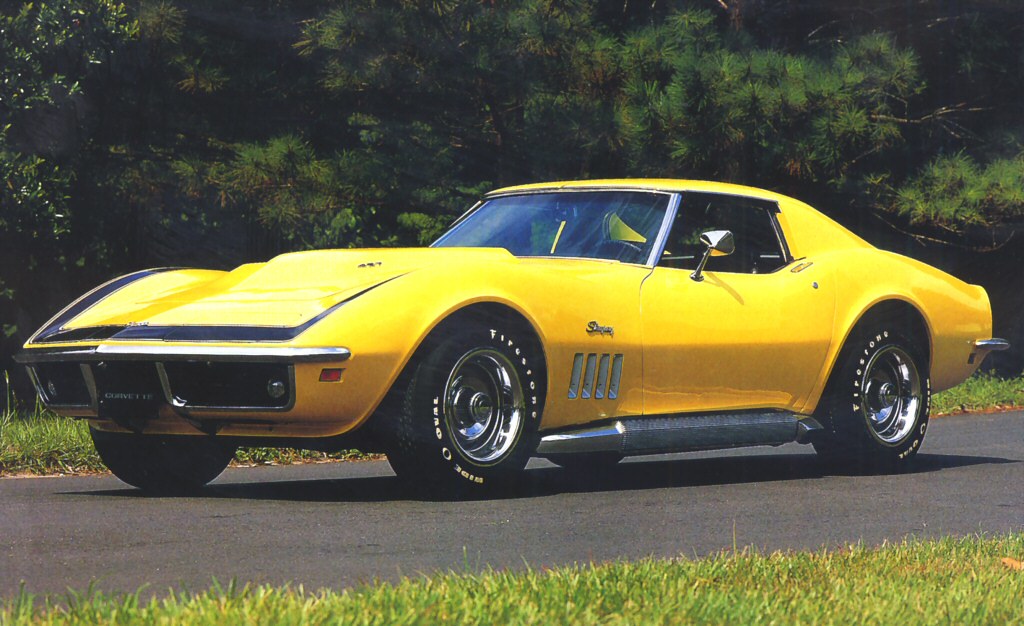
Corvettes have long been symbols of American automotive excellence, blending stunning design with exhilarating performance. In this article, we present a list of 20 classic Corvettes that everyone wishes they owned. Read More.
15 High Depreciation Cars You Should Avoid Buying

If you’re in the market for a new car, it’s crucial to think about how quickly it might lose value. Depreciation can make a significant dent in your vehicle’s resale price, influenced by things like the brand’s reputation, upkeep expenses, and overall demand. Read More.
19 Most Elegant Classic Trucks Ever Made

Classic trucks have a unique charm that combines rugged functionality with timeless elegance. In this article, we celebrate the 19 most elegant classic trucks ever made, showcasing models that have stood the test of time with their stunning designs and enduring appeal. Read More.




